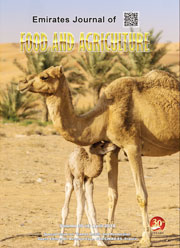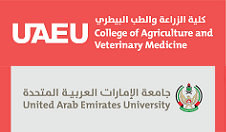Microbiological quality of probiotic added traditional Çamur cheese
DOI:
https://doi.org/10.9755/ejfa.2023.v35.i5.3094Abstract
Çamur cheese is a traditional fermented dairy product produced in the Tire district of İzmir, Turkey. In this study, the microbiological quality of cheese samples purchased from local markets was determined. The Çamur cheeses with and without the addition of Bifidobacterium animalis ssp. lactis were produced in the laboratory. All purchased (PC), lab-produced (LPC) and lab-produced-functional cheese (LPFC) samples were stored at 4°C for 30 days which were then analyzed periodically to determine the microbiological profile during refrigeration. Klebsiella pneumoniae, Enterobacter aerogenes, Citrobacter freundi were detected in the PC samples, and total aerobic mesophilic bacteria (TAMB) counts were higher than 5 log CFU g-1 during the first 5 days. However, TMAB counts were lower in LPC samples until the end of Day30. LAB counts were >7 log CFU g-1 for LPFC samples until Day 20. In conclusion, adding probiotic bacteria led to longer shelf life and safer products thus making the traditional Çamur cheese more functional.
Keywords: Functional food; Microbial quality; Probiotic bacteria; Shelf life; Traditional cheese.
Downloads
Published
How to Cite
Issue
Section

This work is licensed under a Creative Commons Attribution-NonCommercial 4.0 International License.











 .
. 